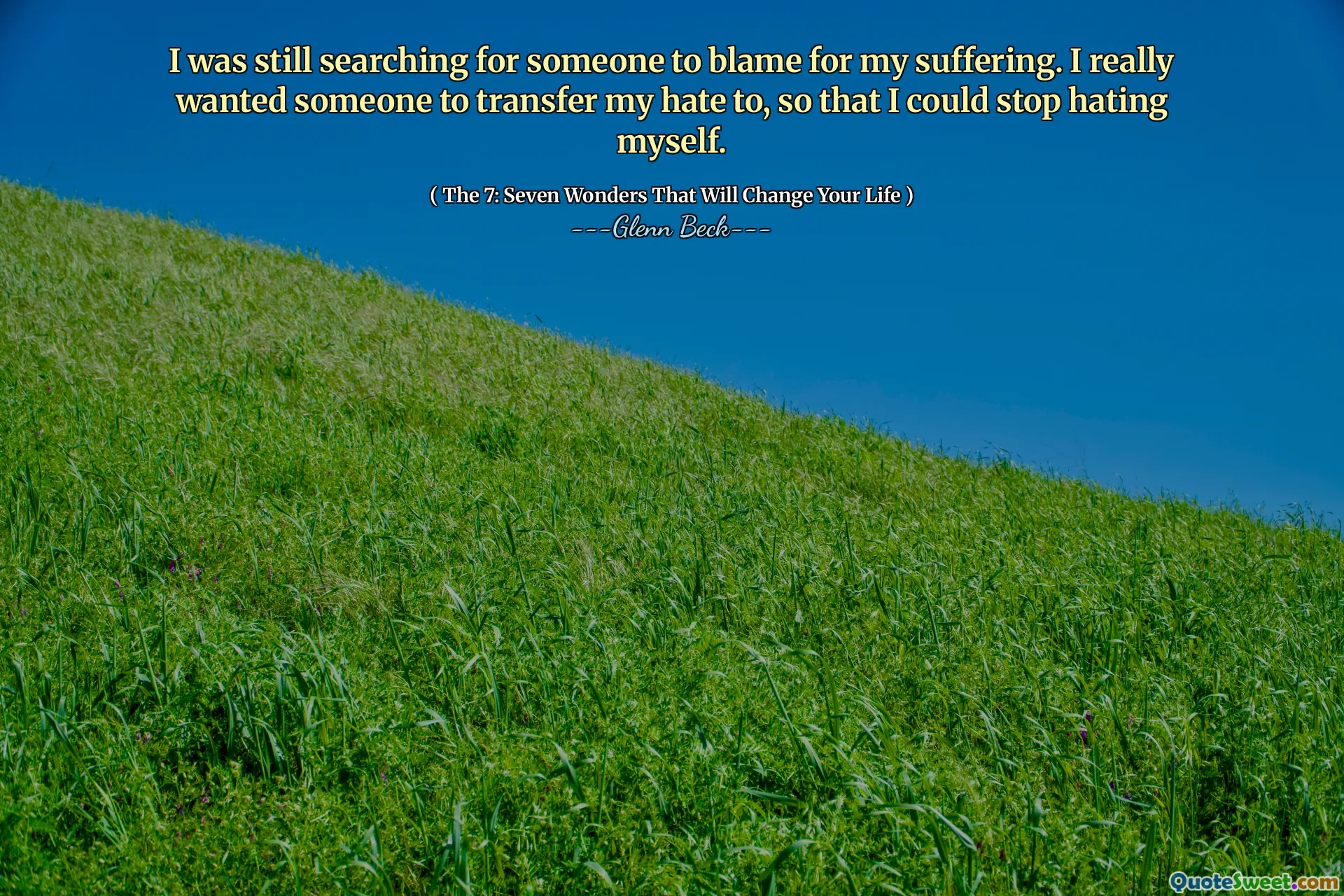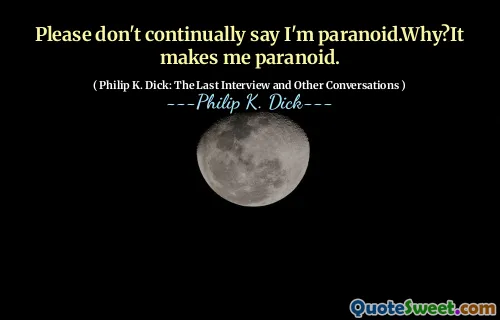
I was still searching for someone to blame for my suffering. I really wanted someone to transfer my hate to, so that I could stop hating myself.
This quote touches on a deeply human desire to externalize our internal pain by placing responsibility onto others. Often, when individuals endure suffering, an instinctive reaction is to seek someone or something to blame—be it circumstances, others, or even fate. This externalization serves as a psychological shield, offering momentary relief from the overwhelming weight of self-blame and guilt. However, such a mechanism can be a double-edged sword. While assigning blame might momentarily shift focus away from oneself, it ultimately prevents genuine healing. Instead of addressing internal wounds and understanding the root causes of suffering, one may become entrenched in resentment and anger. The desire to transfer hate is often rooted in the need to find an outlet for painful emotions, but it only perpetuates the cycle of inner turmoil. True peace and self-acceptance often require an inward journey—acknowledging one's part in their own suffering, forgiving oneself, and finding ways to heal. This process demands courage, honesty, and vulnerability. The quote highlights the importance of self-awareness and responsibility in overcoming inner pain. Misdirected blame may provide a temporary escape, but long-term well-being depends on confronting and understanding oneself, rather than evading the uncomfortable truths of our experiences. Recognizing this pattern is the first step toward breaking free from it and cultivating a more compassionate, forgiving relationship with oneself.

